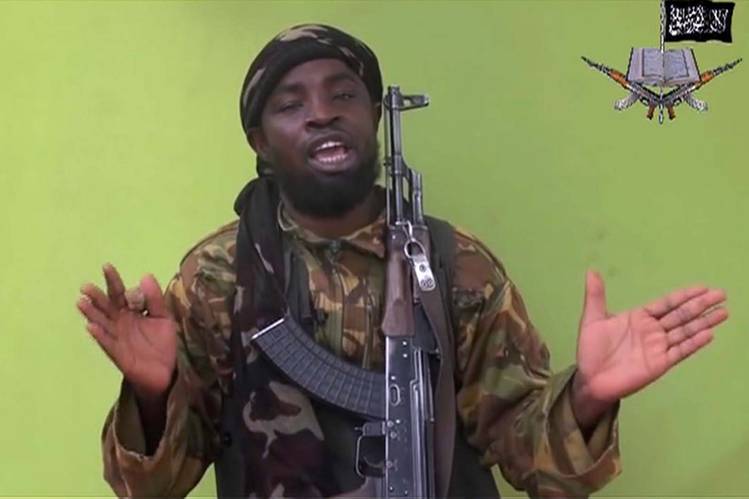Ali Ragab
Mystery surrounds the fate of Boko Haram leader Abubakar Shekau after clashes occurred with the ISIS-affiliated branch that became the West Africa Province, with Shekau dismissed and replaced by Abu Musab al-Barnawi as leader, causing a split in the group.
Multiple reports indicated that the Shekau group had engaged in armed clashes with ISIS, which led to the surrender of its guards and the injury of Shekau, and until now the fate of the internationally wanted terrorist, who had already been announced dead twice, is unknown.
Shekau and his fighters were besieged by ISIS fighters, who attacked in dozens of pickup trucks equipped with heavy weapons.
Nigerian intelligence reports indicated that there was resistance by Shekau after the ISIS elements demanded his allegiance to Barnawi.
Shekau attempted to detonate himself with an explosive belt in order to avoid falling into the hands of Barnawi’s militants.
What happens after Shekau?
Several key points can be extracted from the impact of Shekau being killed, injured or captured by ISIS West Africa militants. The first is the confirmation of the end of Shekau, who has long threatened Nigeria and was a major threat to Nigerian security and West Africa, responsible for the kidnapping of more than 300 female students.
More than 40,000 people have been killed and more than 2 million people driven from their homes by the conflict in northeastern Nigeria, and fighting has spread to parts of neighboring Chad, Cameroon and Niger.
The second point is that ISIS has become the supreme word for terrorist organizations in Nigeria and West Africa, as the organization now controls important areas and residents throughout the Sahel region.
The third point is that Shekau’s death or capture could give ISIS West Africa control and allow it to move into the Sambisa Forest and extend its influence in the northeastern state of Borno and most of the roads leading to the regional capital, Maiduguri.
The fourth point is that the Nigerian authorities’ repeated failures to regain the Sambisa Forest would consolidate the influence of ISIS factions that extend to the Libyan border.
Shekau led large swaths of northeastern Nigeria and declared a caliphate in Gwoza, Borno, in 2014.
The fifth point is that all armed, militant and terrorist factions and groups in the West African region will be under the sway of ISIS and Barnawi, which means that any organization that will act against West Africa Province will meet the same destiny as Shekau.
Finally, the fate of Boko Haram will not end, and it may expand in the Lake Chad region, especially on the borders of Niger and Chad. However, terrorist groups in West Africa will largely be in Barnawi’s grip.








































admin in: How the Muslim Brotherhood betrayed Saudi Arabia?
Great article with insight ...
https://www.viagrapascherfr.com/achat-sildenafil-pfizer-tarif/ in: Cross-region cooperation between anti-terrorism agencies needed
Hello there, just became aware of your blog through Google, and found ...